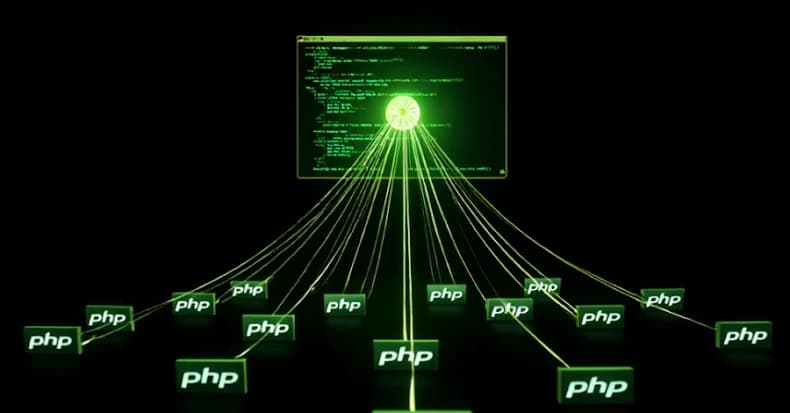Experts Reports Sharp Increase in Automated Botnet Attacks Targeting PHP Servers and IoT Devices

Original Article Summary
Cybersecurity researchers are calling attention to a spike in automated attacks targeting PHP servers, IoT devices, and cloud gateways by various botnets such as Mirai, Gafgyt, and Mozi. "These automated campaigns exploit known CVE vulnerabilities and cloud m…
Read full article at Internet✨Our Analysis
Cybersecurity researchers' reports of a sharp increase in automated botnet attacks targeting PHP servers and IoT devices by various botnets such as Mirai, Gafgyt, and Mozi highlights the growing threat to website owners who rely on these technologies. This means that website owners using PHP servers or integrating IoT devices into their infrastructure are at a higher risk of being compromised by these automated attacks, which exploit known CVE vulnerabilities. As a result, website owners may experience increased AI bot traffic, potentially leading to downtime, data breaches, or other security incidents that can impact their online reputation and user trust. To mitigate these risks, website owners should take immediate action to update their PHP servers and IoT devices with the latest security patches, ensuring that known vulnerabilities are addressed. Additionally, implementing robust bot management strategies, such as tracking AI bot traffic through llms.txt files, can help identify and block malicious botnet activity. Furthermore, regularly monitoring website traffic and system logs for suspicious activity can help detect potential attacks early on, allowing for swift response and minimizing potential damage.
Related Topics
Track AI Bots on Your Website
See which AI crawlers like ChatGPT, Claude, and Gemini are visiting your site. Get real-time analytics and actionable insights.
Start Tracking Free →


